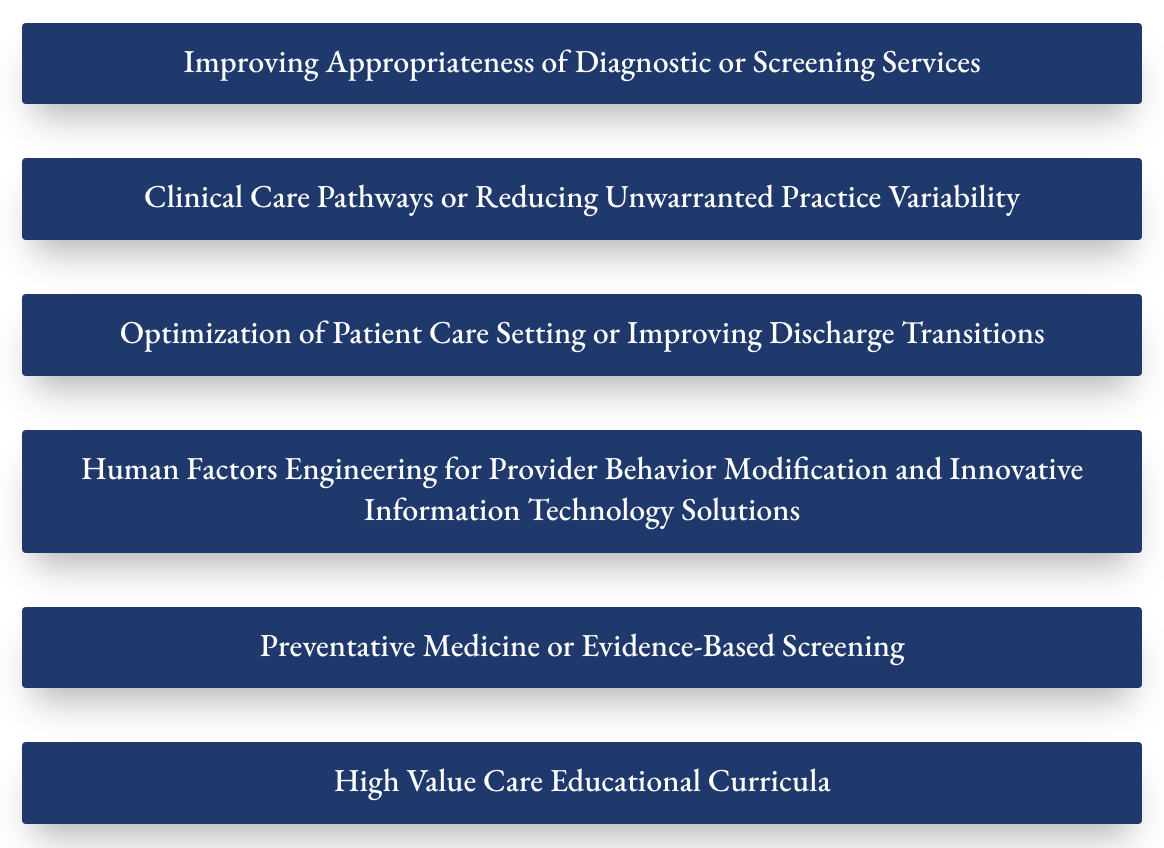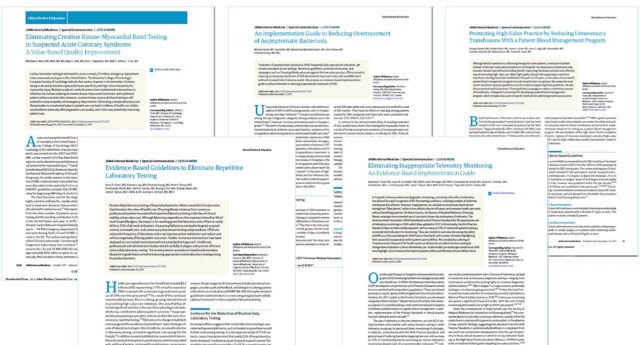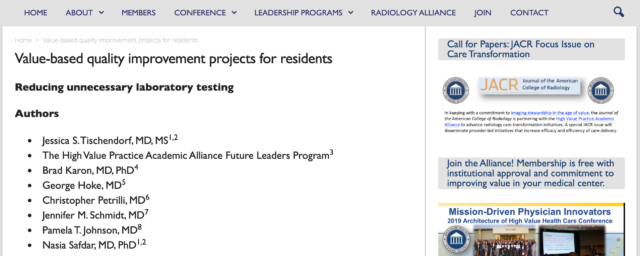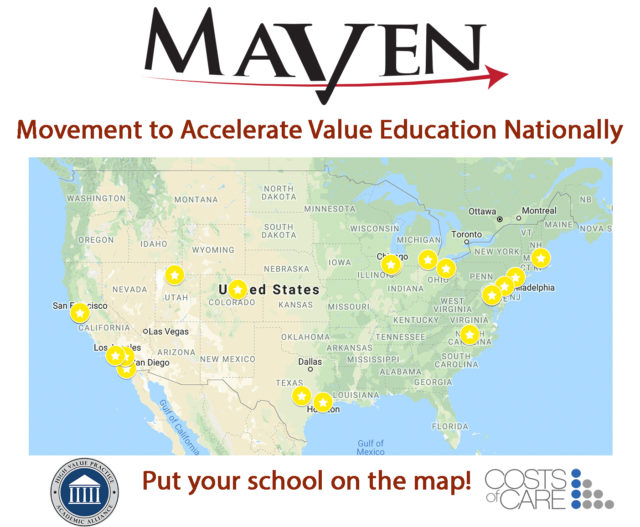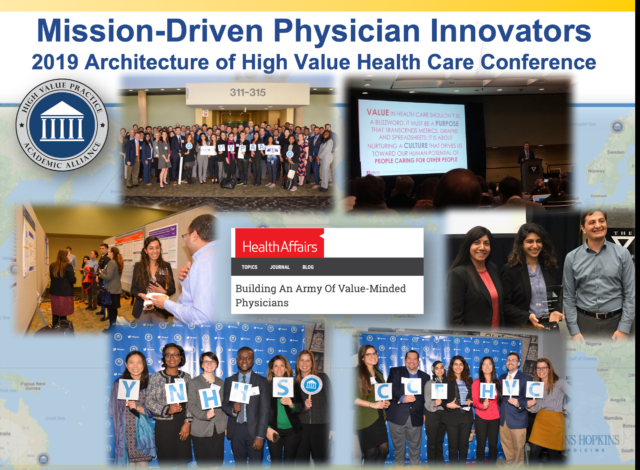From the 2023 HVPA National Conference
Mirai Mikhail B.A. (Hackensack Meridian School of Medicine), Allison Piazza MHA, Jennifer Zepf DO, Antonia F. Oladipo MD
Background:
There is increased evidence that integrating arts and humanities throughout medical education positively impacts students, trainees, and physicians. The Association of American Medical Colleges (AAMC) endorses the inclusion of arts and humanities in medical education (1). Humanities in medical curricula reduces burnout, supports positive personality traits, and enhances clinical skills. It provides medical students with a deeper understanding of medicine’s larger role in society, not only as an isolated science (2,3). Studies have shown that medical students engaged in visual arts education were more descriptive in clinical contexts, potentially enhancing patient-provider communication and improving clinical outcomes (4). Emerging studies continue to evaluate effective ways to incorporate humanities in medical education, including electives and mandatory courses (5,6), but there is limited information regarding humanities labs that incorporate student-led groups.
Objective:
We describe an innovative foundational framework incorporating student-led clubs and their governance within an interactive virtual humanities platform: “Humanities Hub.” The aim is to create a resource center and connections across the medical school/health network that allow students to thrive as people and physicians.
Methods:
The “Humanities Hub” consists of a general committee with multiple subcommittees. Each subcommittee reflects a humanities category. Committees will abide by established bylaws for governance. The “Humanities Hub” will be located on the medical school library website, through which details of the committees, events, and education/research opportunities can be accessed.
Modern advanced technology, including artificial intelligence (AI) should be employed to facilitate access to humanities events not available in the local community. This can include use of virtual reality (VR) technology for performing and fine arts events. Advanced technology within humanities education can strengthen collaboration between distant institutions.
Results:
The success of the “Humanities Hub” will be evaluated quantitatively via consistency of general committee meetings, frequency of website updates, and number of events/projects completed by each subcommittee. Qualitative assessment will be through surveys/questionnaires to gather feedback from students/faculty.
The primary intended outcome of the “Humanities Hub” is to substantiate a student/faculty culture that values humanities. Quantitative goals for the first year will be as follows: at least 5/6 of the general meetings take place, the website is updated quarterly, and each subcommittee hosts at least 2 events/projects.
Sustainability, feasibility, and transferability of the “Humanities Hub” are factors that will promote its success. As a virtual platform, it lends itself as a current and relevant way of communicating between participants, as well as to ease of establishment and maintenance. The Hub’s structure and design can easily be transferred to other institutions. The Hub relies on multiple humanities clubs, who can serve as accountability partners for the Hub’s success.
Conclusions:
This innovative humanities framework in medical education creates and matures a culture that values the humanities. This will encourage medical students to seek out, appreciate, and grow through humanities experiences to become well-rounded individuals and physicians.
Clinical Implications:
While it is yet to be shown that humanities in medical education improves patient outcomes directly, the potential for more empathetic, culturally sensitive, resilient providers to enhance the patient experience, and thus clinical outcomes, is a salient one.
